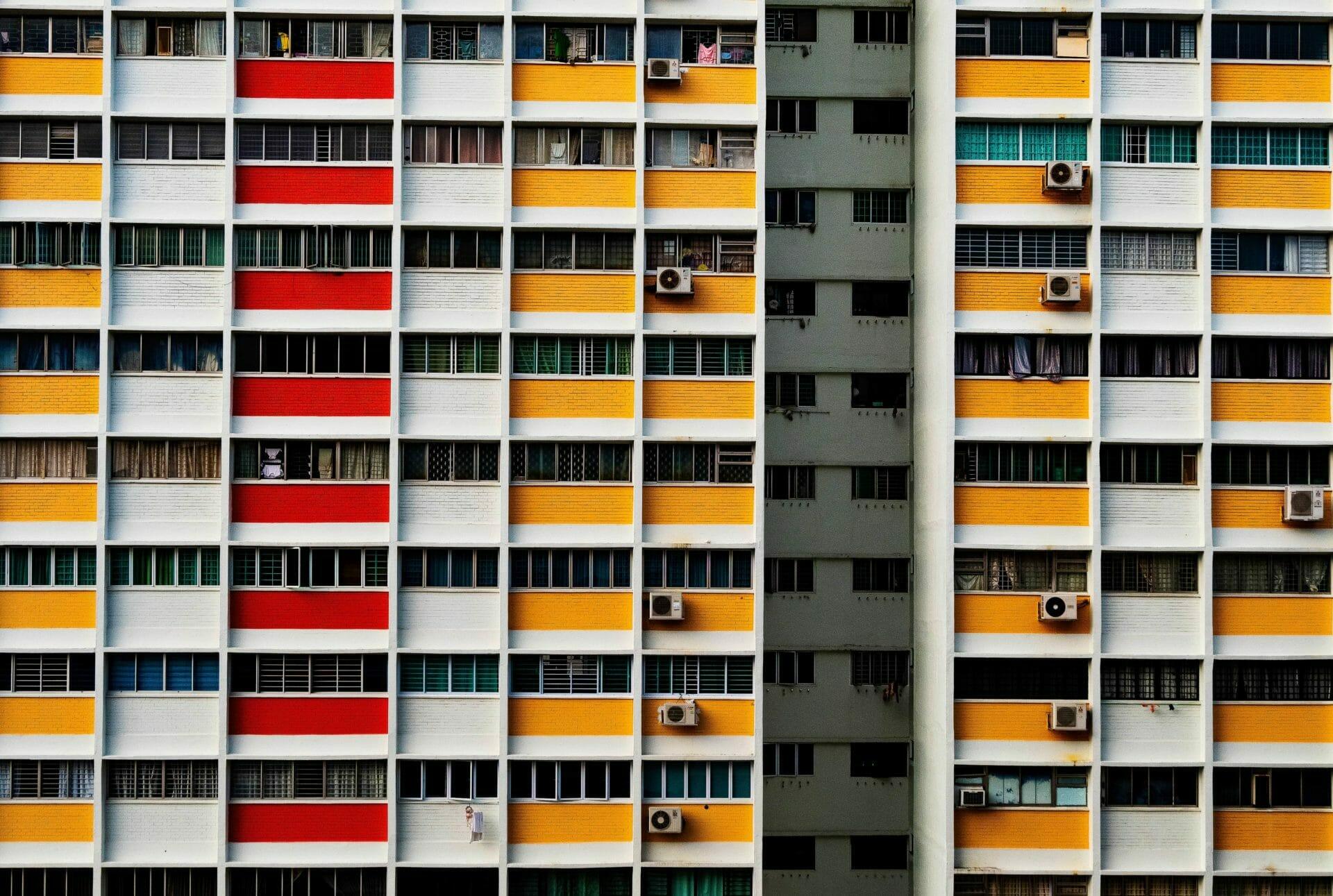Renting a property can be an exciting time, but it can also be stressful, especially when it comes to getting your security deposit back at the end of the lease.
In Singapore, a security deposit is typically equivalent to one to two months’ rent and serves as a form of protection for the landlord against any damages or outstanding rent owed by the tenant at the end of the lease. However, if your landlord fails to return your deposit, it can be frustrating and may lead to financial difficulties.
Security Deposit for Rent
In Singapore, a security deposit is a common requirement when renting a property. It is a sum of money paid by the tenant to the landlord at the start of the tenancy, which serves as a form of protection for the landlord against any damages or outstanding rent owed by the tenant at the end of the lease.
The amount of the security deposit is typically relative to the lease period. For a lease period of one year, the security deposit is equivalent to one months’ rent, while a two-year lease’s security deposit is typically 2 months worth of rent. The deposit is refundable to the tenant at the end of the lease, provided that the property is returned in the same condition as when it was rented out, and all rent and other obligations have been fulfilled. The security deposit is governed by the regulations set out in the Singapore Tenancy Agreement and is an essential part of the renting process in Singapore.

Legitimate Reasons For Landlord Not Returning Deposit
While it is the landlord’s legal obligation to return a tenant’s security deposit in Singapore, there may be some legitimate reasons why a landlord may withhold or deduct a portion of the deposit. Here are some examples:
Outstanding rent
If the tenant has not paid their rent in full or has outstanding bills (such as utilities), the landlord may use the security deposit to cover those costs.
Damage to the property
If the tenant has caused damage to the property beyond normal wear and tear, the landlord may use the security deposit to pay for repairs or replacements.
Cleaning fees
If the property is not returned in a clean and tidy condition, the landlord may use the security deposit to cover cleaning costs.
Breach of the tenancy agreement
If the tenant has breached the terms of the tenancy agreement, such as subletting the property without permission or causing a nuisance to neighbors, the landlord may use the security deposit to cover any costs incurred.
It is important to note that any deductions from the security deposit must be reasonable and supported by evidence, such as photographs or receipts. The landlord is also required to provide the tenant with a breakdown of any deductions made from the security deposit.

What to do if Landlord Not Returning Deposit For No Good Reason
Here’s what you can do if your landlord is not returning your deposit:
Understand Your Rights
The first thing you should do is to understand your rights as a tenant in Singapore. According to the Singapore Tenancy Agreement, your landlord is required to return your security deposit to you within seven days of the end of your lease. If your landlord fails to return your deposit within this period, you have the right to take legal action to recover the amount owed to you.
Communicate With Your Landlord
Before taking any legal action, it is essential to communicate with your landlord to find out why they have not returned your deposit. There may be a valid reason, such as damage to the property that needs to be repaired, outstanding rent, or a miscommunication between you and your landlord. It is crucial to keep a record of all your communication, including emails and text messages, and to request a written explanation from your landlord.
Send a Letter of Demand
If your landlord fails to respond or refuses to return your deposit, you can send a letter of demand. A letter of demand is a formal letter that outlines your legal rights and demands that your landlord returns your deposit within a specified period. This letter serves as evidence that you have made an effort to resolve the issue before taking legal action.
File a Claim with the Small Claims Tribunal
If all attempts to recover your deposit fail, you can file a claim with the Small Claims Tribunal. The Small Claims Tribunal is a specialized court that deals with disputes involving small amounts of money. In Singapore, the Small Claims Tribunal can hear claims of up to $20,000. To file a claim, you will need to provide evidence of your tenancy agreement, proof of payment of your deposit, and evidence of your attempts to communicate with your landlord.
Conclusion
Getting your security deposit back is an essential part of the renting process in Singapore. If your landlord is not returning your deposit, it can be frustrating and may lead to financial difficulties. However, it is important to understand your rights, communicate with your landlord, and take the necessary steps to recover your deposit. If all attempts fail, you can file a claim with the Small Claims Tribunal. Remember to keep records of all communication and evidence of payment to support your case.


![Average Condo Price in Singapore [Updated in Sep 2024] 7 average condo price singapore](https://eth62pbbc4t.exactdn.com/wp-content/uploads/2023/03/paul-szewczyk-nI4aC1kaTRc-unsplash-min-592x444.jpg?lossy=1&quality=92&ssl=1)

